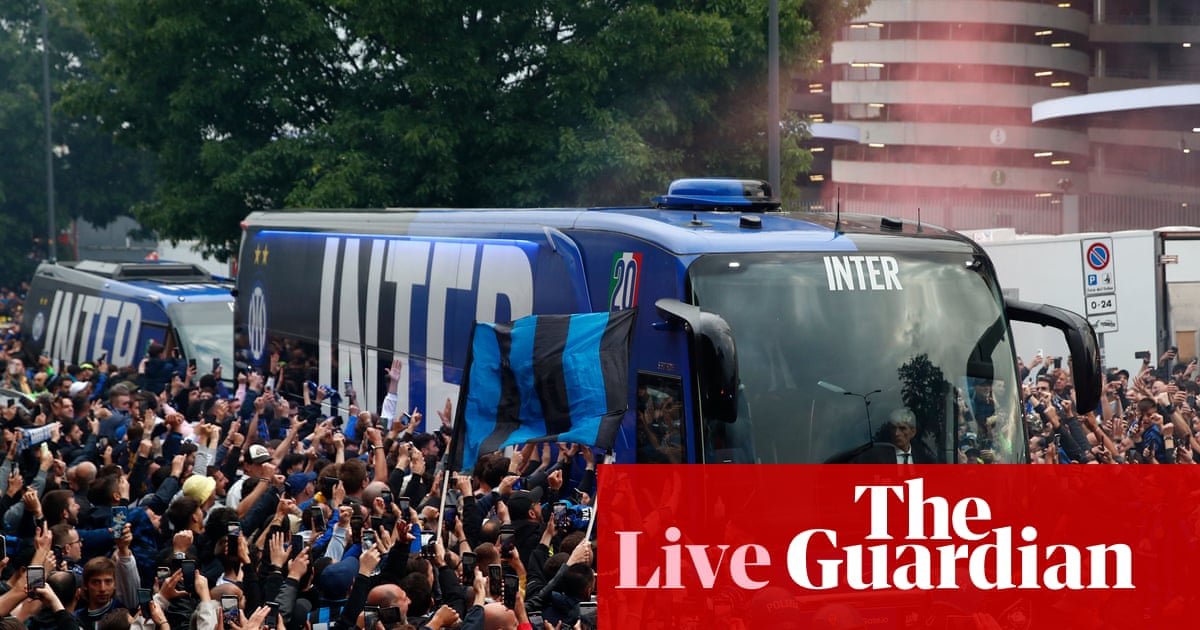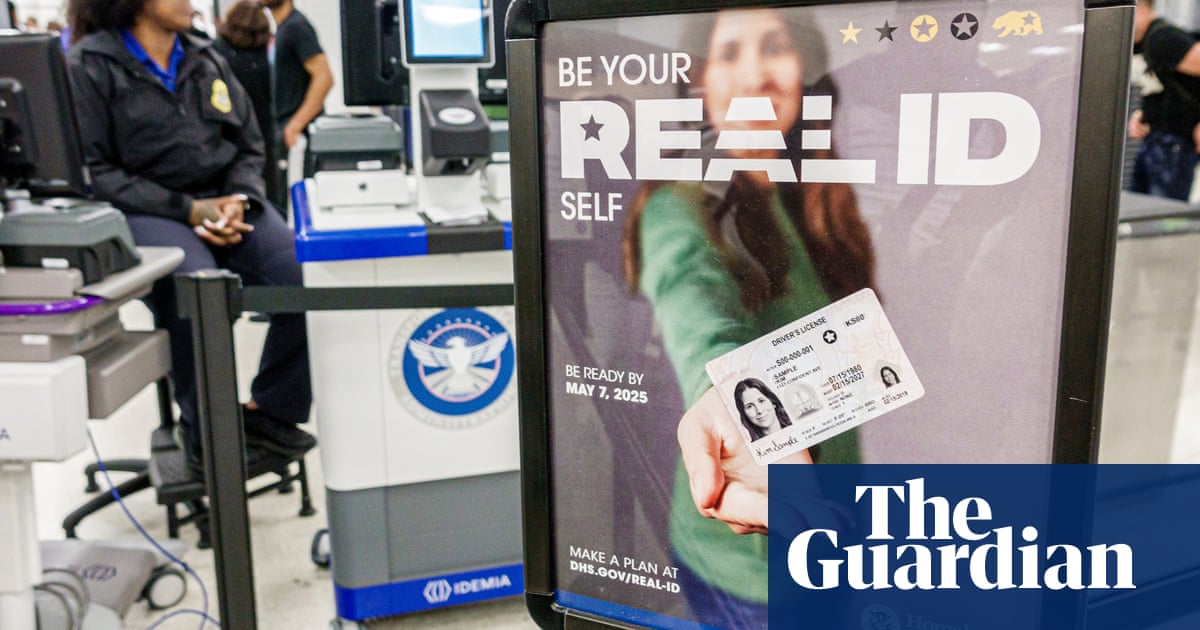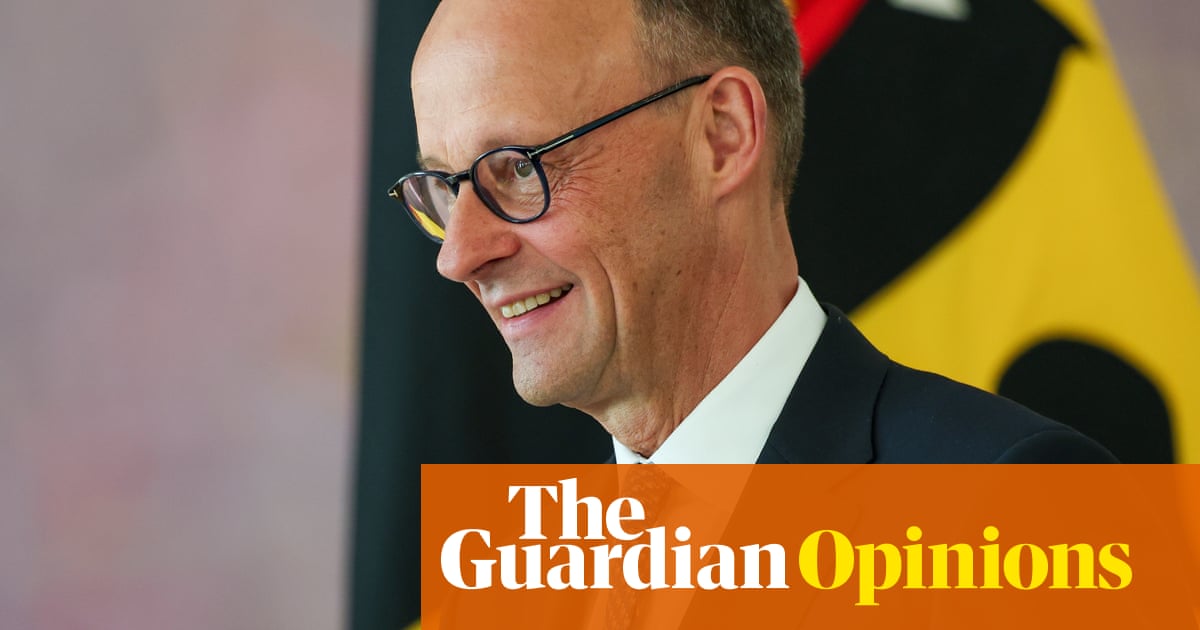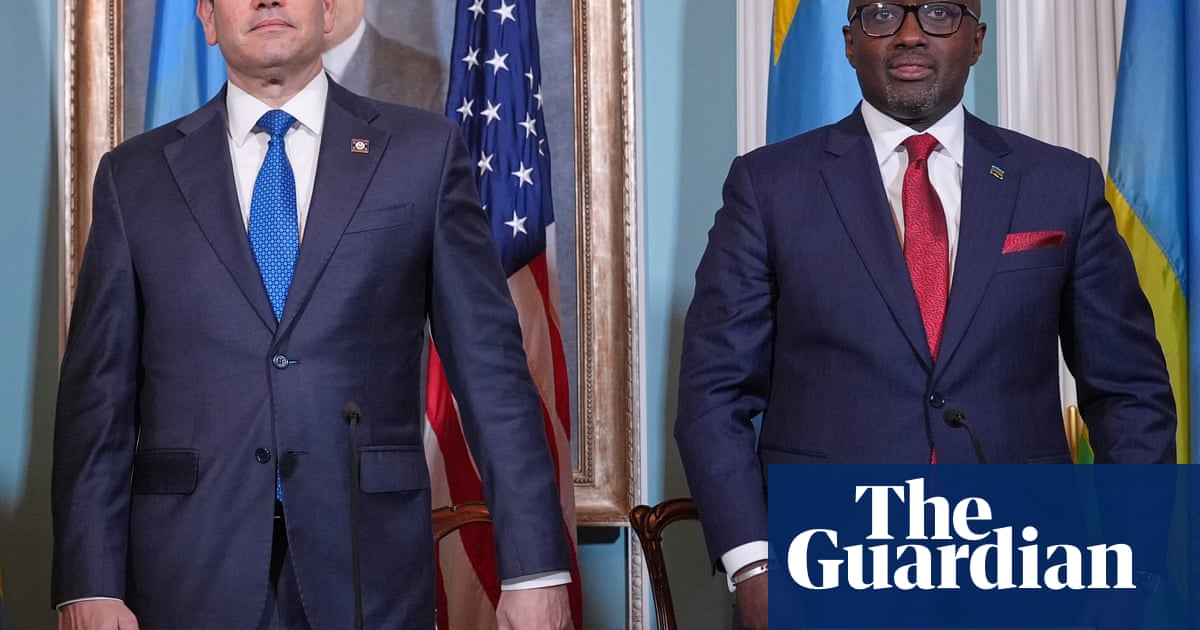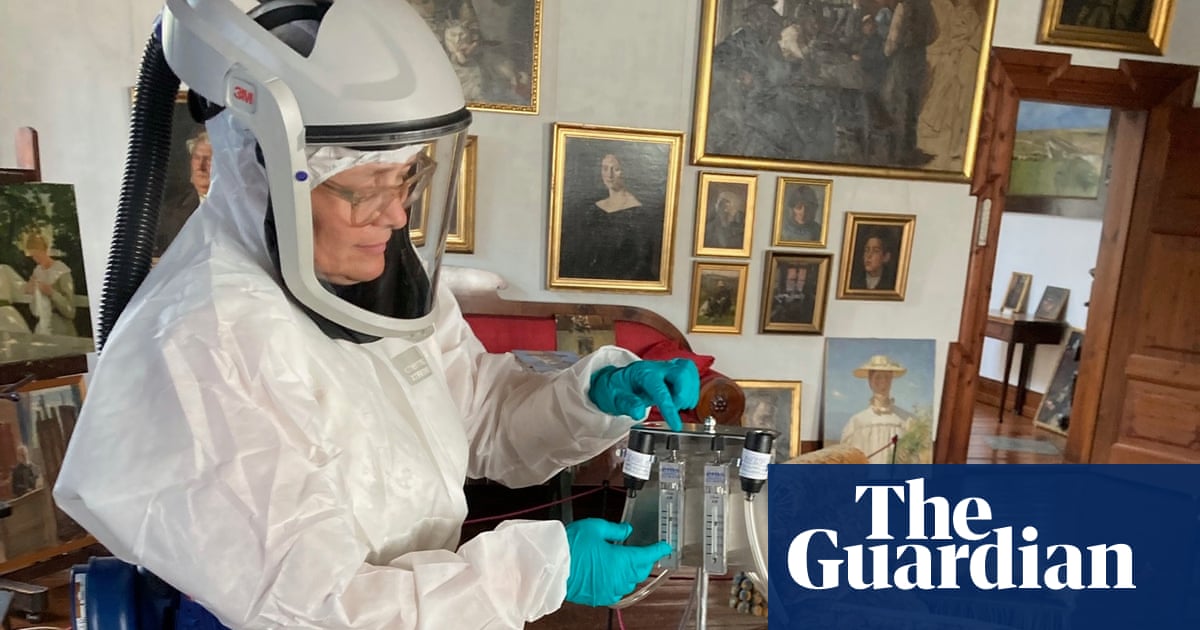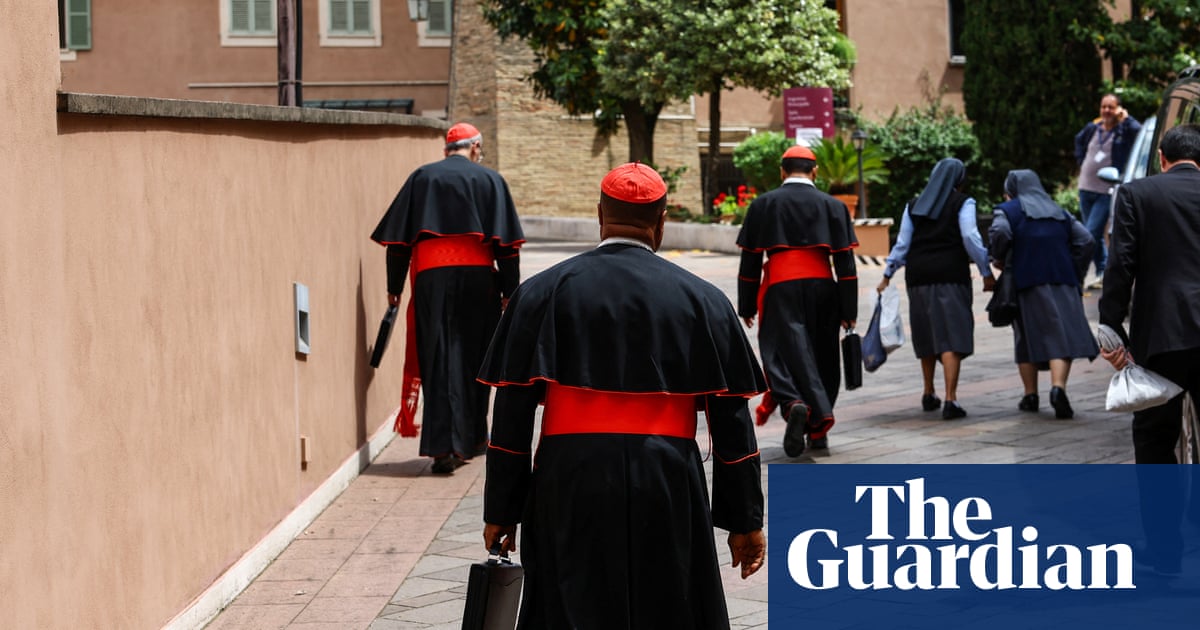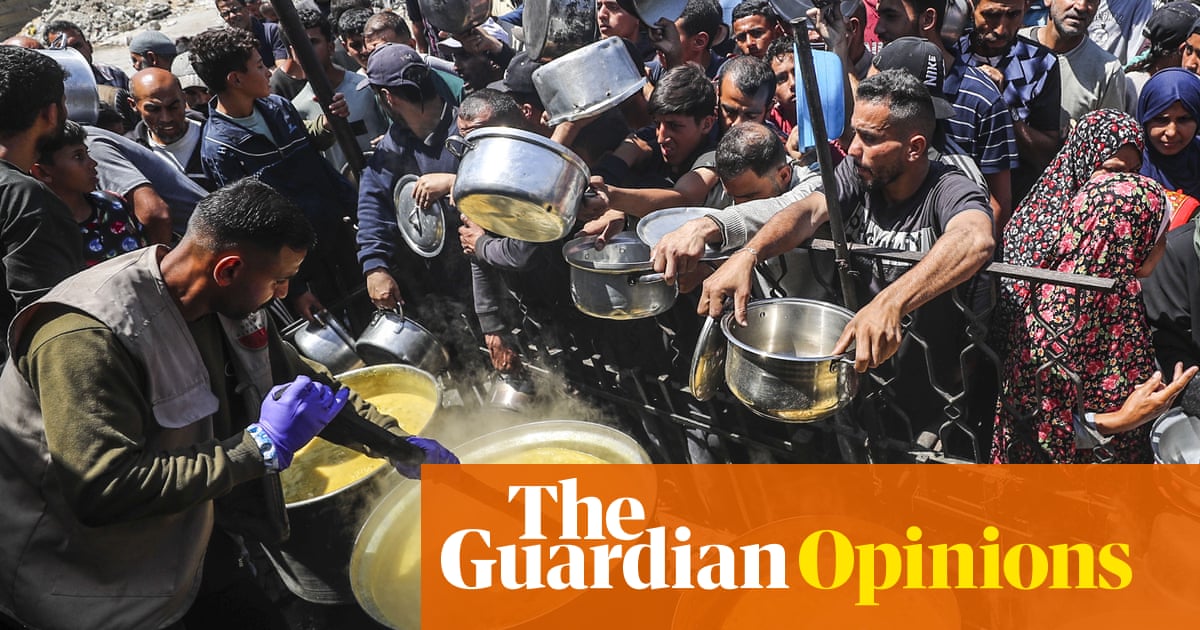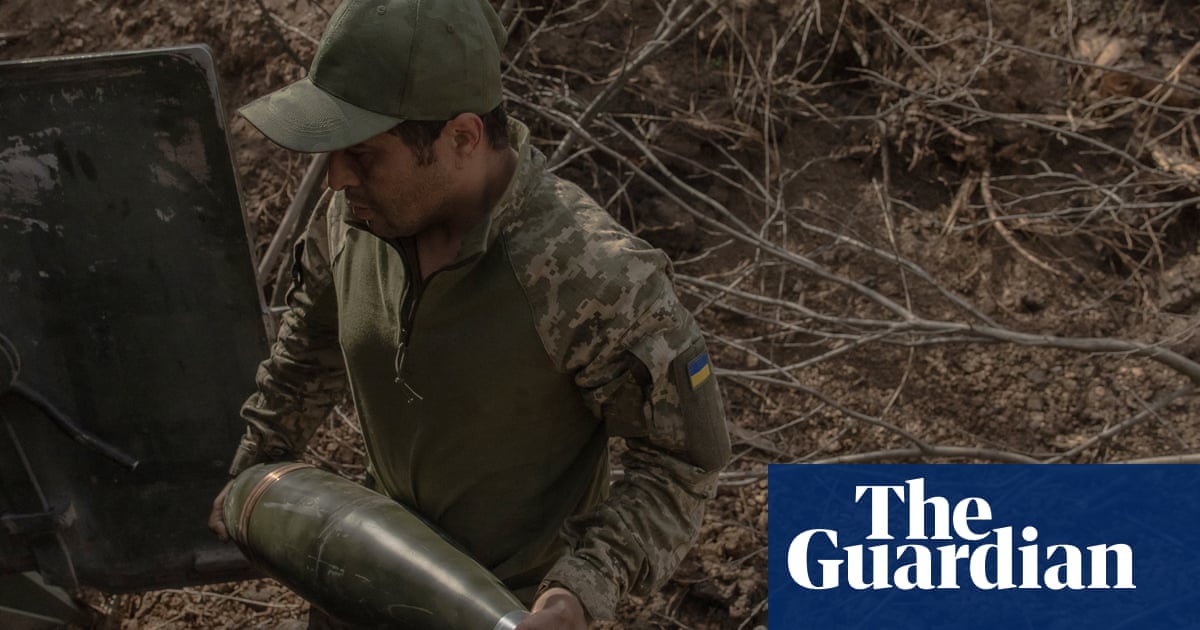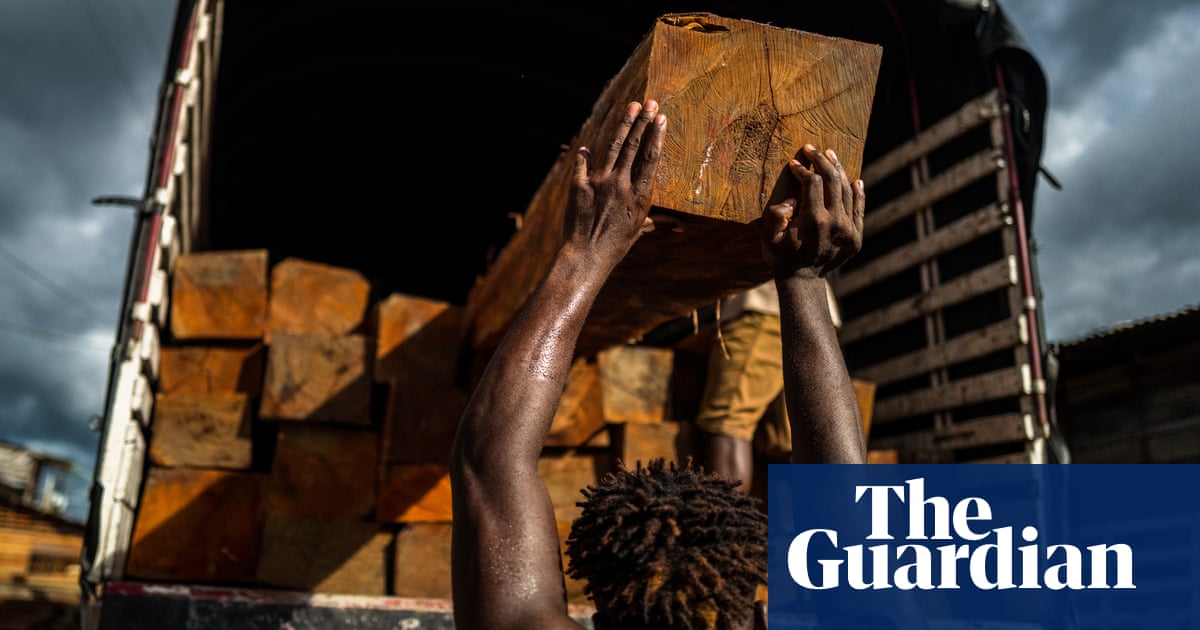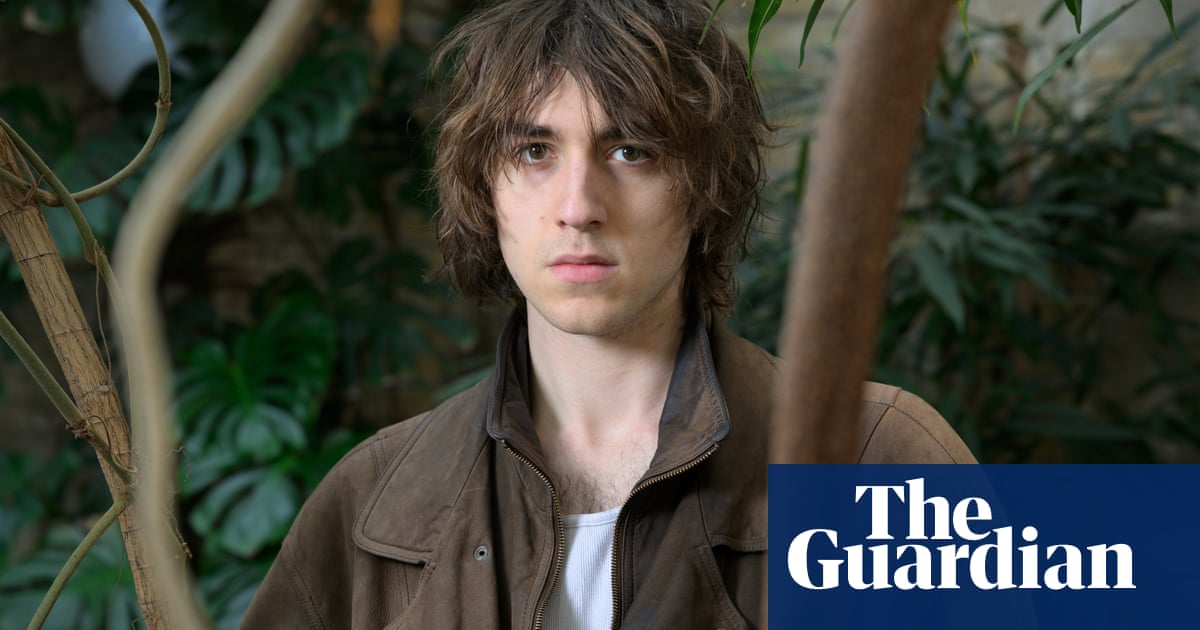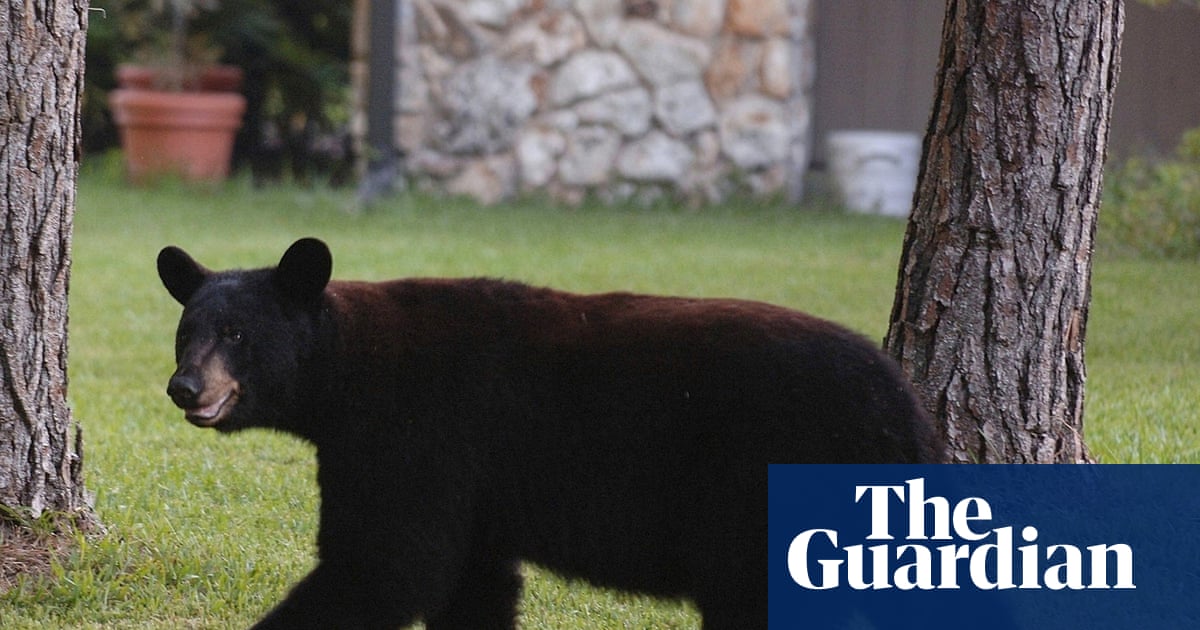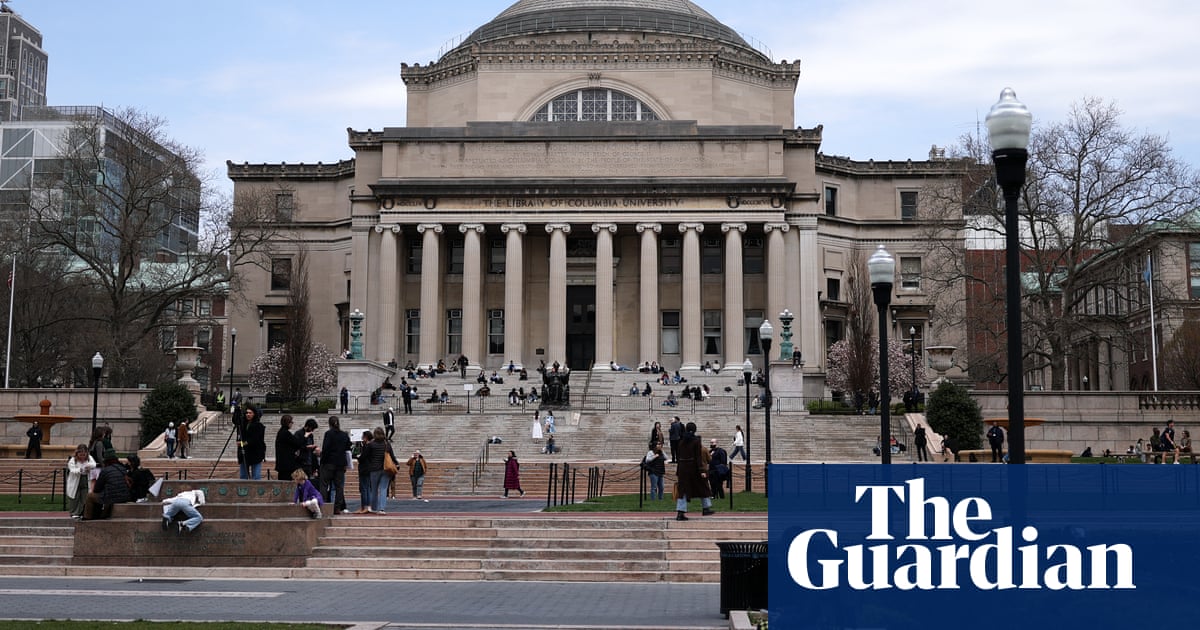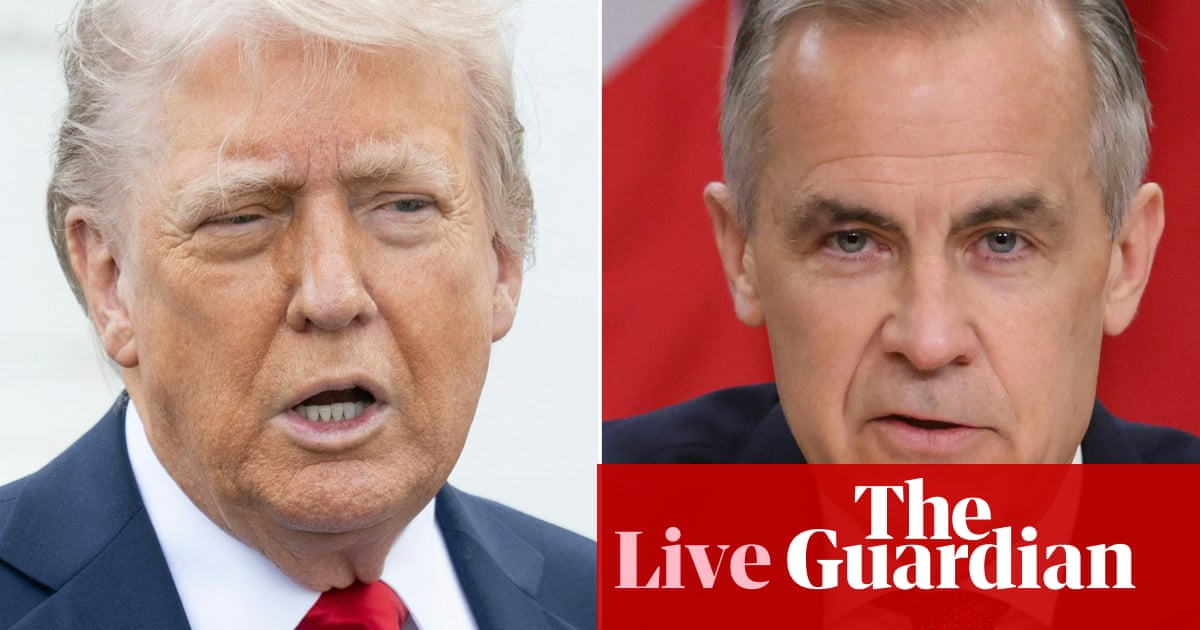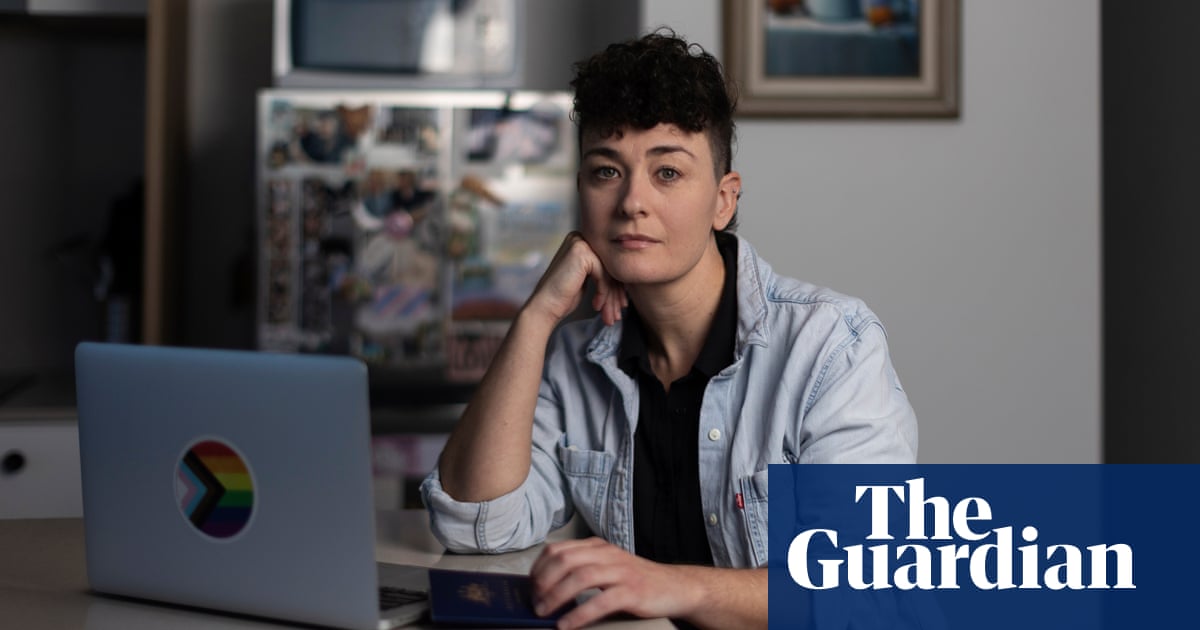When a building structure collapses because it is old, as happened in Dresden a few months ago, people naturally respond with disbelief and disapproval of the authorities. It is a different story when new buildings crumble and kill people. The 1 November 2024 collapse of the concrete canopy of a railway station in Novi Sad, Serbia – whose restoration was completed only months earlier, accompanied by great government pomp – killed 15 people, and has sparked continuing nationwide outrage and indignation. The mass protests have forced the prime minister to resign and put the president under increasing pressure.
Initially, the powers that be downplayed the collapse and the 15 lives it claimed, relying on the usual shoulder-shrugging platitude that, despite the tragedy, “Serbia cannot stop”. No time for grief, no need for questions, as on so many previous occasions. Much has been sacrificed for this ruthless, unstoppable “progress”. The rule of law and democracy have been its cardinal victims, fostering a culture of impunity, violence, widespread incompetence and corruption. National institutions like the judiciary, long captured by the regime, turned a blind eye to the unconstitutional, usurping actions of the oligarchy in power. It seemed this would be another case where the public would receive no satisfactory explanation, and no one would be held accountable.
But then came the students. Last month, their peaceful vigils silently commemorating the 15 victims in front of the Faculty of Dramatic Arts in Belgrade were violently interrupted by a bunch of thugs posing as impatient drivers. It was alleged shortly after that they were closely related to the ruling party, some of them its members, and the Serbian president went on national TV to defend the provocateurs. It was revealed that people close to the regime were given instructions to disrupt the moments of silence. To defend the businesses of the oligarchy, violence seems to have been only allowed but also prescribed.
In response, students at public universities across Serbia declared strike action, halting the operation of their schools. By the end of December, they were joined by a significant number of high school pupils. Others joined too: agricultural workers – also unhappy with the way the government had been treating them for years – backed the students’ demands. The Bar Association of Serbia was next. Performances in theatres ended with actors holding banners reading, “The students have risen. What about the rest of us?”. The public was not indifferent: about 100,000 people gathered on 22 December at Belgrade’s Slavija Square, standing in silence for 15 minutes. Last weekend, on the three-month anniversary of the station accident, unprecedented numbers swelled into the streets of Novi Sad, and a growing, countrywide movement now includes school teachers, cultural workers, bikers protecting the rallies, engineers and taxi drivers. Peaceful vigils took place in more than 200 towns and villages. On the protesters’ faces was a peculiar mixture of solemnity, indignation, pride and hopefulness. It is a combination that has come to represent the present moment in Serbia.

The students’ demands may sound minor. They have asked institutions to demonstrate that they will do their jobs unimpeded by the regime, and in the interest of a public whose very lives are threatened by state capture. Thus, the major demand, the hardest to be met, relates to the publication of all documentation related to the Novi Sad railway station reconstruction. The second two demands – the identification of individuals responsible for attacks on students and professors during peaceful vigils and initiation of criminal proceedings against them, and the dropping of criminal charges against students arrested or detained and suspension of proceedings – are calls for justice; a justice that does not discriminate between common people and the oligarchy. The fourth demand, to increase the budget for higher education by 20%, is about the restoration of dignity of knowledge production.
But it is not the demands themselves, simple and bold, that are the most troubling for the regime. What is so new and stunning is the students’ claim that none of these demands are under the jurisdiction of the president, Aleksandar Vučić, the most powerful figure in Serbian politics, and supported by east and the west alike as the alleged guarantor of stability in an otherwise ever-volatile Balkans. Vučić is not the state, the protesters argue; the institutions, as well as society at large, must be decaptured.
The students have not fallen into the trap of imitating the president’s authoritarianism: they operate as a plurality, without a leader, without a given representative. They are many, with different faces appearing across the few independent media that platform them. They collectively decide each step at plenary meetings through direct democratic practices of voting and harmonising their voting bodies at the level of the university, across universities. Through their actions, they oppose the distortion of the spirit of democracy, as well as its procedures.
In the past decade in Serbia, opposition parties have been ground down and pacified: the unions are weak, while the machinery of the ruling party appeared inviolate. The regime has managed to silence and disqualify independent voices, from intellectuals to whistleblowers, through the fearmongering, mendacious government-controlled media. Fear, apathy and resignation had long set in. Yet now, for the first time in perhaps decades, the students – who themselves have no formal representation have begun to represent all those silenced voices. Their witty use of social media has begun to push back against the media dominance of the regime. Despite invitations from the president for sit-downs during his daily media appearances (interspersed with threats, dishonest concessions, accusations and veiled calls to violence), the students have remained steadfast: their demands are clear and straightforward, and none of them is directed to the president. No negotiation is possible. In this, they are supported by their professors and the rectors of the universities.
The students have managed to rock a government that had for years either bought off the dignity of people or gagged and belittled those who dared speak truth to power. All of a sudden, no “leader” can be found to be bribed, maligned or otherwise discredited with some vague insinuation of being a foreign hireling. Crucially, the students’ response to violence is unmistakably nonviolent, something that profoundly destabilises the entire value system developed in Serbia for more than a decade. They have now been nominated for the Nobel peace prize.
Their determination ought to shake the sluggish institutions into action. Their persistence has called for courage from the public, and many have bravely responded. What the Serbian students are doing is nothing less than restoring democratic hope in a country that has seen too little of it – and at a time when it is crumbling worldwide.
-
Adriana Zaharijević is a philosopher at the Institute for Philosophy and Social Theory, University of Belgrade

 2 months ago
44
2 months ago
44
